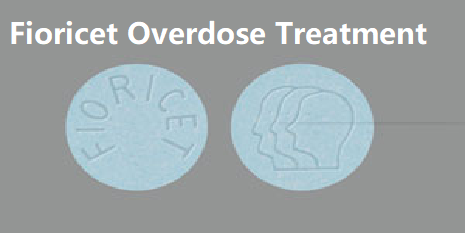Butalbital Overdose Treatment
- 0
Re-establishing or maintaining sufficient respiratory exchange is crucial in butalbital overdose treatment. This can be accomplished through the use of medically assisted detox or controlled ventilation.

Severe respiratory depression resulting from a butalbital overdose can be treated with the opioid antagonist naloxone hydrochloride. Naloxone hydrochloride is preferably administered intravenously and simultaneously with respiratory resuscitation efforts. Butalbital overdose treatment can also include the following as needed:
-
- Oxygen
- Induction of vomiting mechanically (individual is unconscious) or with syrup of ipecac (individual is alert)
- Intravenously administered fluids
- Intravenously administered vitamin K
- Vasopressor agents, such as norepinephrine or phenylephrine hydrochloride
- Intravenously administered norepinephrine bitatrate with serial blood pressure monitoring
- Emptying the stomach to remove any unabsorbed butalbital
- Urine alkalinization
- Oral-activated charcoal
- Other supportive measures
If the butalbital overdose results in methemoglobinemia that covers over 30 percent of the body, it should be treated with a slow intravenous administration of methylene blue.
Taking more than the prescribed dosage of the drug or taking it when it is not prescribed to you can cause serious butalbital overdose symptoms that may result in fatal consequences. Addiction to butalbital can have very serious or even fatal consequences. If you are worried that your use of the drug may cause you to experience butalbital overdose symptoms, call1-888-630-7086 to find the assistance you need for butalbital detox and withdrawal
What happens if I overdose?
Seek emergency medical attention or call the Poison Help line at 1-800-222-1222. An overdose of acetaminophen, butalbital, and caffeine can be fatal.
The first signs of an acetaminophen overdose include loss of appetite, nausea, vomiting, stomach pain, sweating, and confusion or weakness. Later symptoms may include pain in your upper stomach, dark urine, and yellowing of your skin or the whites of your eyes.
Overdose symptoms may also include insomnia, restlessness, tremor, diarrhea, increased shallow breathing, uneven heartbeats, seizure (convulsions), or fainting.